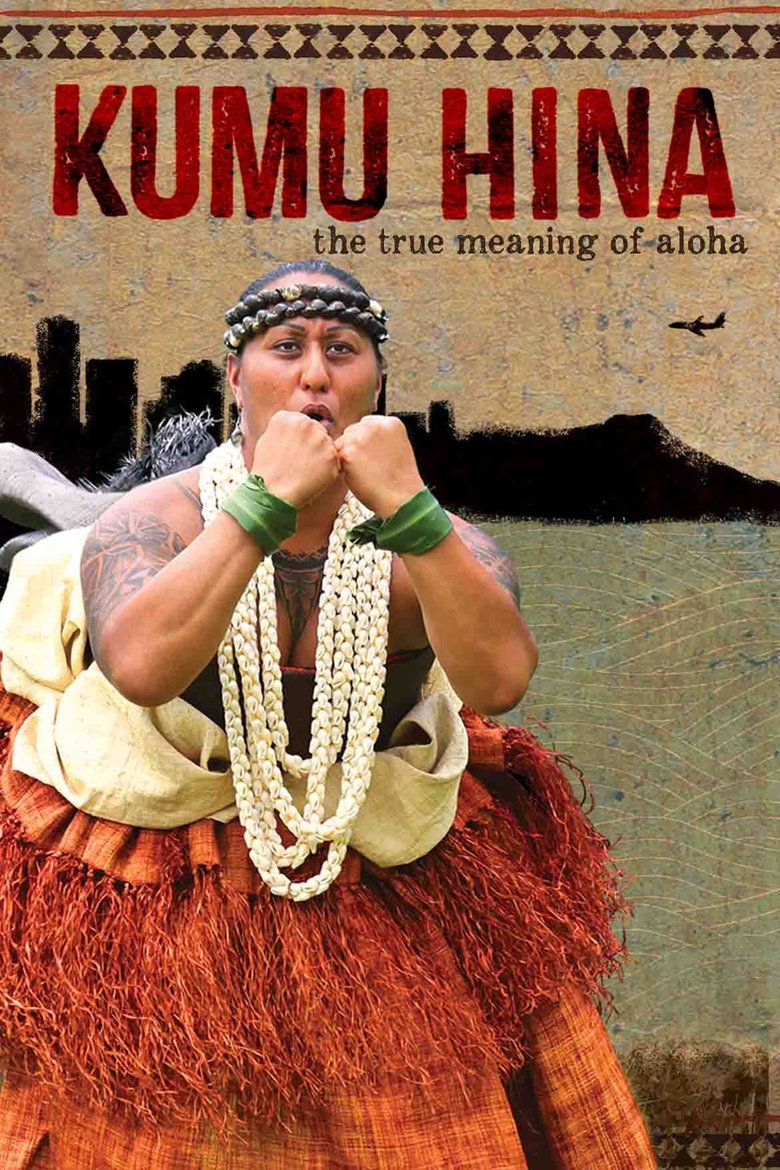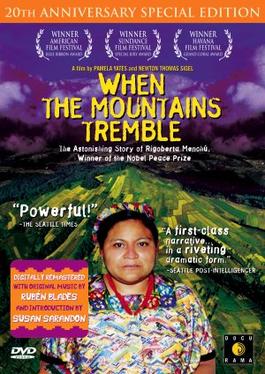Article
Written content on a narrow subject and published in a periodical or website. In some contexts, academics may use article as a shortened form of journal article.
See also:
- Green Paper
- Grey Literature
- Journal
- Peer Review
- Periodical
- Scholarly Source
- White Paper
- Working Paper






 What is Open Access?
What is Open Access?